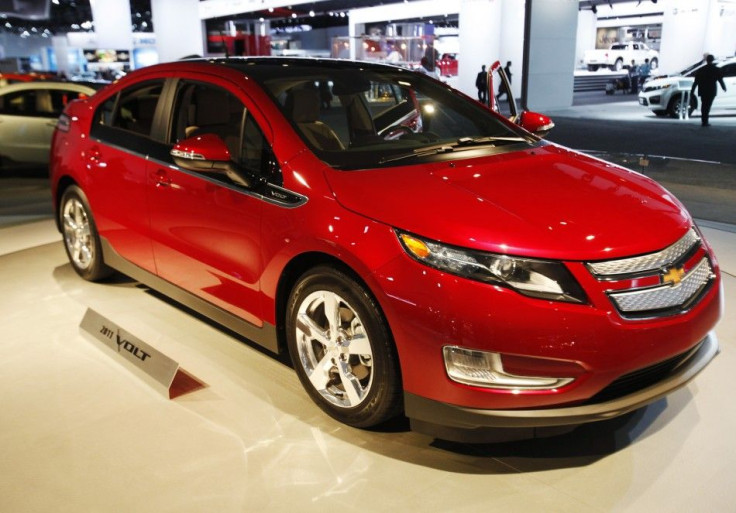Patent Reform: Obama Signs U.S. Patent Bill - Designed to Speed Invention Review, Approval
ANALYSIS

President Barack Obama Friday signed into law a the first major overhaul of U.S. patent law since 1952.
The revised law, the America Invents Act, is designed to speed the patent approval process to enable inventors to bring their products to market sooner.
As part of that process, the federal patent office will receive increased funds to add staff to reduce the backlog of 1.3 million patents pending. More than 700, 000 applications are yet to be reviewed and it currently takes an average of three years to get a patent approved, Reuters reported.
Somewhere in that stack of applications could be the next technological breakthrough, the next miracle drug, Obama said, The AP reported Friday. We should be making it easier and faster to turn new ideas into jobs.
The bill, which received bipartisan support -- a rarity in today's filibuster-filled Washington -- is expected to spur innovation and create jobs. The reasoning is that many innovative ideas are being delayed, and their quicker approval will add jobs that much faster.
Quicker Patent Approvals Should Speed Inventions to Market
Also, the up-to-now huge wait time is believed to discourage at least a certain percentage of creative individuals and other inventors from applying for a patent or, in some cases even discourage one form working on an idea: i.e., why work on an idea if the pay-off might be five or seven years, or even longer? Under the new patent system, ideas will be brought to market much quicker.
Obama said the law would give a boost to U.S. businesses, in part by giving the patent office the funding it needs to catch up on the aforementioned backlog.
It's a bill that will put a dent in the huge stack of patent applications waiting for review. It will help startups and small business owners turn their ideas into products three times faster than they can today, Obama said at a signing ceremony.
And it will improve patent quality and help give entrepreneurs the protection and the confidence they need to attract investment to grow their businesses and to hire more workers, Obama added
Still, while the administration has repeatedly pushed the measure as a jobs bill, some members of the patent community are skeptical of any direct effects.
As for manufacturing or industry hiring lots of workers, I think that may be a little bit overblown, said Bernard Codd, an attorney with McDermott Will & Emery. I think it's going to depend more on the national economy picking up. This may be a piece of the puzzle.
The law aims to streamline the patent process and reduce costly legal battles. It was backed by companies including Google (GOOG) and Apple (APPL) as well as the U.S. Chamber of Commerce. Small-scale inventors are divided on the legislation, with some arguing that it gives an advantage to big corporations, The AP reported.
Political/Public Policy Analysis: The overhaul of the U.S. patent law is long overdo. The new law will result in more inventions and ideas being brought to market sooner.
Further, while no should expect a flood of new jobs, the quicker patent application/approval process should result increased job growth -- and the U.S. economy needs all the new jobs it can get: the economy is short about 11 million jobs.
What's more, whose to say that there isn't a breakthrough idea in the waiting backlog? Or an idea in someone's head, who'll now apply for a patent as a result of the quicker review? There could be a game-changing energy idea in that category, or the next iPad-quality tech advance.
© Copyright IBTimes 2025. All rights reserved.





















